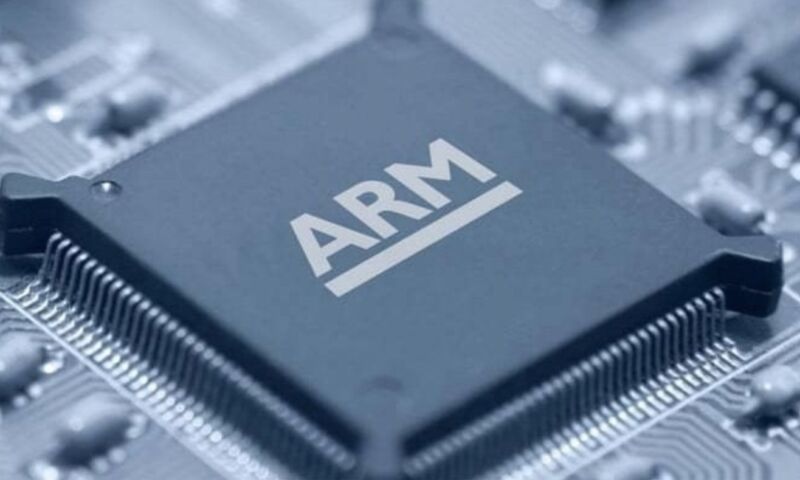
SoftBank’s $66 billion sale of UK-based chip business Arm to Nvidia collapsed on Monday after regulators in the US, UK, and EU raised serious concerns about its effects on competition in the global semiconductor industry, according to three people with direct knowledge of the transaction.
The deal, the largest ever in the chip sector, would have given California-based Nvidia control of a company that makes technology at the heart of most of the world’s mobile devices. A handful of Big Tech companies that rely on Arm’s chip designs, including Qualcomm and Microsoft, had objected to the purchase.
SoftBank will receive a break-up fee of up to $1.25 billion and is seeking to unload Arm through an initial public offering before the end of the year, said one of the people.
The failure is set to result in a management upheaval at Arm, with chief executive Simon Segars being replaced by Rene Haas, head of the company’s intellectual property unit, the person added.
The collapse of the deal robs SoftBank of a big windfall it would have earned thanks to a boom in Nvidia’s stock price.
The cash-and-stock transaction was worth up to $38.5 billion when it was announced in September 2020. But the value soared as Nvidia’s shares took off, reaching a peak of $87 billion last November.
In the UK, where politicians have viewed Arm as a strategic national asset, attention is set to shift to whether the company will be listed on the country’s domestic market. A British competition review into the deal was extended late last year to include national security considerations.
However, people close to SoftBank said the group prefers the idea of listing Arm in New York and will seek to resist nationalistic pressure. US markets accord higher valuations to tech stocks, even after a recent sharp reversal, and UK tech executives recently pressed for changes to listing arrangements to make London more attractive.
Nvidia decided to abandon its pursuit of Arm at a board meeting earlier on Monday, said a person familiar with the discussion. Nvidia’s pursuit of Arm marked an opportunistic attempt to score an end-run around chip rivals such as Intel and AMD, and it was prompted by an approach from SoftBank after the Japanese company decided to shed the business.
Jensen Huang, Nvidia’s chief executive, hoped to use Arm’s processor designs to cement his company’s growing role in data centers, where Arm’s graphical processors have become important tools for machine learning.
However, some of the Big Tech companies that rely on Arm’s designs for their own chips argued that Nvidia would get an unfair advantage by having first rights to Arm’s technology, hurting competition.
Nvidia offered to competition regulators that it would maintain sales to Arm’s other customers after the deal was completed. However, the UK’s Competition and Markets Authority said it did not believe any such arrangements would be effective, and the US Federal Trade Commission launched an in-depth investigation late last year.
© 2022 The Financial Times Ltd. All rights reserved Not to be redistributed, copied, or modified in any way.









